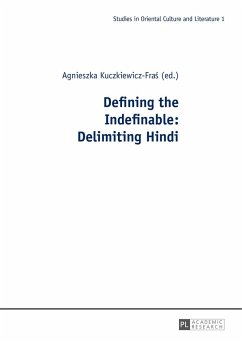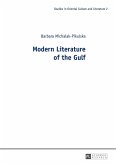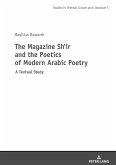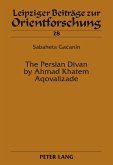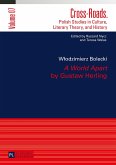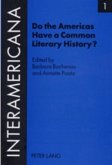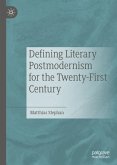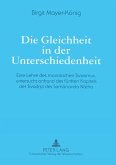The nine extensive essays of this volume are by specialists on South Asia whose research focus includes the extremely complicated problematics of the linguistic situation there. It is devoted to the broadly understood problem of defining Hindi as well as indicating the different ranges of its use. The authors of the included texts come from Europe, the USA and India, and grapple with questions such as what Hindi is, how it functions in the social, political and cultural dimensions of present-day India, and how it is being used by authorities and various influential actors at different levels of Indian reality. The volume should be important and useful for all those who are interested in Hindi, its official and non-official status, and in Indian linguistic policy and politics generally.
«In this collection of papers, not only is the current situation of "Hindi" comprehensively surveyed, but also its complexity elucidated in the light of the past by considering its historical vicissitudes and cultural background.»
(Makoto Kitada, Orientalistischen Literaturzeitung 112/2017)
(Makoto Kitada, Orientalistischen Literaturzeitung 112/2017)

